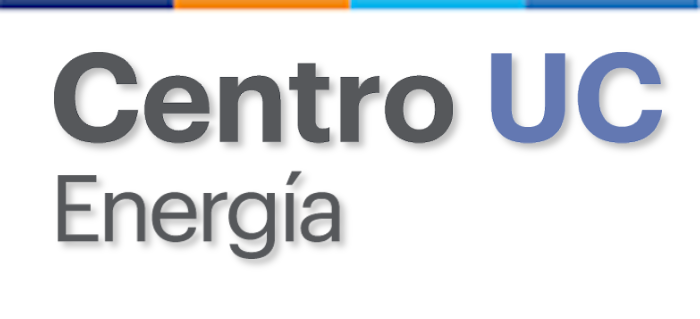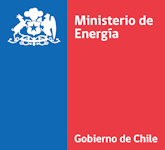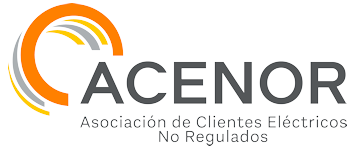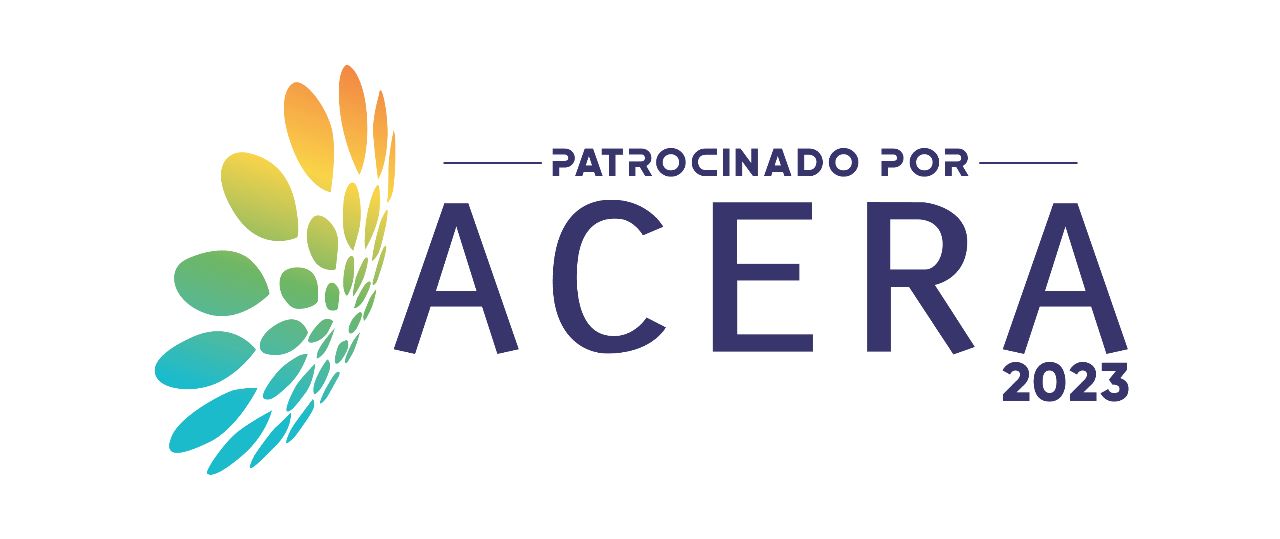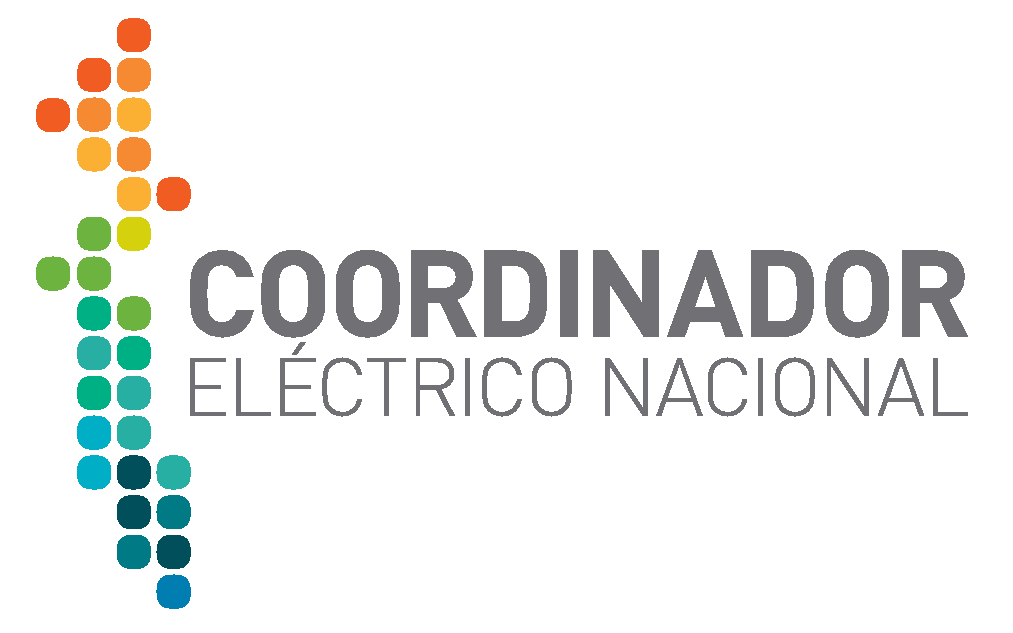Second International Conference
Energy Development Strategy
October 4 and 5, 2023
Aula Magna Manuel José Irarrázabal, Facultad Derecho, Casa Central, Pontificia Universidad Católica de Chile, Alameda 340, Santiago, Chile.
This conference will have live translation
About the Conference
The “Second International Conference on the Energy Development Strategy” seeks to generate a space for conversation that allows attendees to be updated regarding the challenges and opportunities related to the country's sustainable energy development.
On this occasion, the conference will be organized around four thematic modules:

Decarbonization of the Energy Matrix and Sustainable Development

Energy Storage Systems: Electrochemical Batteries

Power-to-X: Synthesis of Green Synthetic Fuels

Challenges for the Development of Renewable Energy Projects
We believe that this is an excellent opportunity to share and discuss with authorities, with members of the energy industry, and with national and international experts in these matters.
We hope that the participants of the event will become relevant actors to address the challenges that Chile faces today.
SPEAKERS
This conference will have live translation
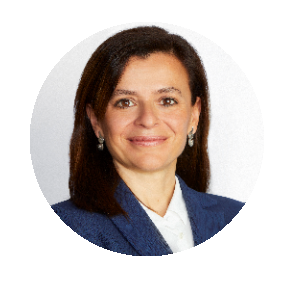
Natalia Fabra.
Economics Department of Universidad Carlos III de Madrid

Michael Berube.
Sustainable Transportation and Fuels, Office of Energy Efficiency and Renewable Energy, US Department of Energy
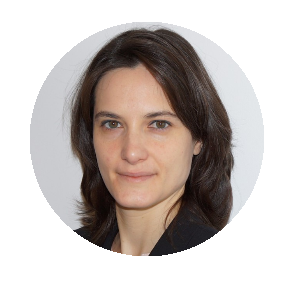
Laura Torrente Murciano.
Chemical Engineering and Biotechnology Department, University of Cambridge
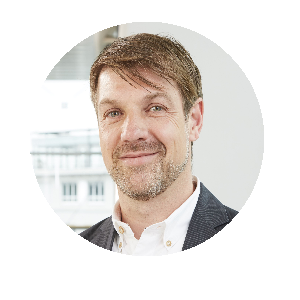
Robert Szolak.
Fraunhofer-Institut für Solare Energiesysteme ISE
Department Manager Sustainable Synthesis Products in the Division Hydrogen Technologies at the Fraunhofer Institute for Solar Energy Systems, Freiburg im Breisgau, Germany. In 2015, he took over as team leader in the Thermochemical Processes Department, where he established the “Process Development” group in the “Hydrogen Technologies” division, with a focus on emissions reduction, catalysis and the use of renewable fuels in various applications. Currently, he is dedicated to evaluate the process chain of Power to X products (production, transportation, use) in terms of economy, ecology and technology.
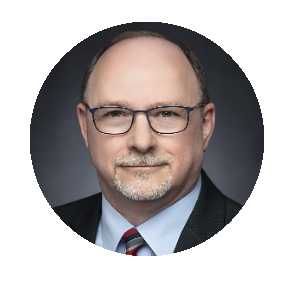
Dave Howell.
Department of Energy’s Office of Manufacturing and Energy Supply Chains, US Department of Energy
Dave Howell is the Principal Deputy Director of the Department of Energy’s Office of Manufacturing and Energy Supply Chains (MESC). MESC is responsible for strengthening and securing manufacturing and energy supply chains needed to modernize the nation’s energy infrastructure and support a clean and equitable energy transition. MESC manages an $15 billion portfolio of programs funded by the Bipartisan Infrastructure Law and Inflation Reduction Act to catalyze the development of an energy sector industrial base through investments that establish and secure domestic clean energy supply chains and manufacturing.

Francesca Poggi.
Centro Interdisciplinar de Ciências Sociais Faculdade de Ciências Sociais e Humanas, Universidade NOVA de Lisboa
Francesca Poggi is Professor in Regional and Urban Planning at the Faculty of Social Sciences and Humanities of Universidade NOVA de Lisboa (FCSH-UNL) and Senior Researcher at CICS.NOVA -Interdisciplinary Centre of Social Sciences. Currently, her research focuses on renewable energy planning and energy efficiency reinforcing, considering urban and rural areas as a Net-Zero Energy Balanced system. Focusing on the spatial planning and urban design perspectives, she investigates sustainable energy transition at various spatial scales, using GIS and other digital tools to orient the decision-making process and backcasting future energy transition scenarios in a sustainable manner. Her thematically diversified research aims to contribute to three main objectives: (i) to shape new strategic visions for sustainable energy development of territories and cities, (ii) to stimulate the integration of energy transition in spatial planning processes, and (iii) to provide guidance to energy policymaking.

Tien Duong.
Vehicle Technologies Office, US Department of Energy
Currently, Mr. Duong is the Chief Battery Engineer of the Advanced Battery Materials Research (BMR) Program and the Battery500 Consortium at the Vehicle Technologies Office (VTO). The BMR program conducts battery research with a strong emphasis on developing, modeling and conducting diagnostics for new materials. These materials are to be utilized in future battery technologies and could be ready for commercialization in the next ten to fifteen years. The Battery500 Consortium works toward demonstrating a battery cell having 500 Wh/kg of specific energy and 1,000 cycles life. Candidate chemistries include those utilizing metallic lithium as the negative electrode with either a high-nickel NMC material or sulfur as the positive electrode and a compatible electrolyte. Altogether, Mr. Duong supervises a complex, integrated materials R&D portfolio of over 80 research projects with an annual budget of over $40 million.
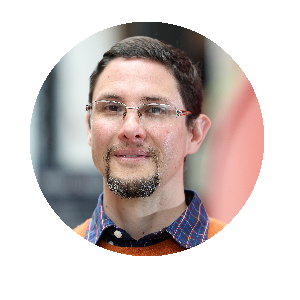
Agustín Valera-Medina.
Net Zero Technologies Institute, Cardiff University
Professor at the School of Engineering at Cardiff University and Director of the Net Zero Technologies Institute at Cardiff University. He has participated as PI/Co-I in 29 industrial projects with multinationals such as PEMEX, Rolls-Royce, Siemens, Ricardo, Airbus and EON (>£30M). Prof. Valera-Medina led Cardiff's contribution to the Innovate-UK 'Decoupled Green Energy' Project (2015-2018), led by Siemens and in partnership with STFC and the University of Oxford, which aimed to demonstrate the use of green ammonia produced from the wind. He is currently the Principal tigator of several projects (AMBURN DESZN, SAFE-AGT (EP/T009314/1), FLEXnCONFU (884157), OceanREFuel, etc.) to demonstrate the use of ammonia as fuel in turbine engines, internal combustion engines and ovens. He has been part of various scientific councils, chairing sessions at international conferences and moderating large industrial panels on the topic “Ammonia for Direct Use in Thermal Equipment”.
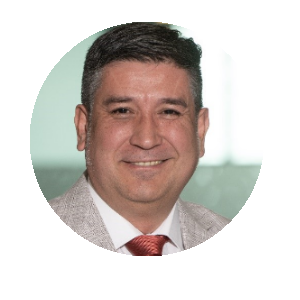
Paulo Oyanedel Soto.
Director de la Unidad de Monitoreo de la Competencia en el Coordinador Eléctrico Nacional
Ingeniero Civil Industrial y Magíster en Economía Aplicada de la Universidad de Chile. Desde el año 2017 se desempeña como Director de la Unidad de Monitoreo de la Competencia en el Coordinador Eléctrico Nacional. Su experiencia incluye un destacado trabajo previo en la Fiscalía Nacional Económica, además de actividades docentes en el Diplomado en Libre Competencia UC.
ORGANIZATION COMMITTEE
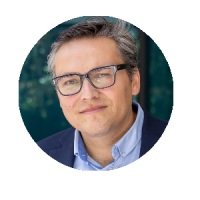
Alvaro Videla, PhD.
Civil Industrial Engineer from the School of Engineering of the Pontificia Universidad Católica de Chile, Master of Science and Ph.D in Metallurgical Engineering from the University of UTAH, United States. Director of the UC Energy Center, Director of the Materials Engineering Laboratory and Co-director of the Energy Materials Laboratory.
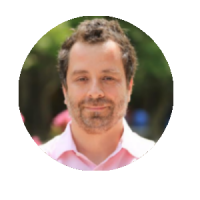
Matías Negrete, PhD.
Civil Electrical Engineer and Master in Physics from the Pontificia Universidad Católica de Chile (UC). Ph.D in Electrical and Computer Engineering and MSc in Physics from the University of Illinois at Urbana-Champaign. Director and Associate Professor of the Department of Electrical Engineering at UC, Researcher at the Institute of Complex Engineering Systems (ISCI), Co-director of the Energy and Complex Systems Laboratory (ECS-Lab), and founder of Vinken-Dictuc.

René Rojas PhD.
Doctor in Chemistry from the University of Chile. Full Professor at the Faculty of Chemistry and Pharmacy of the Pontifical Catholic University of Chile.
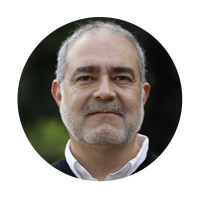
Mauricio Issacs, PhD.
Ph.D in Chemistry with a specialty in Electrochemistry and Inorganic Chemistry from the University of Santiago, Chile. Full Professor at the Faculty of Chemistry and Pharmacy of the Pontificia Universidad Católica de Chile, Director of the Millennium Institute on Green Ammonia as Energy Vector (MIGA), Director of the Research Center in nanotechnology and advanced materials (CIEN-UC).
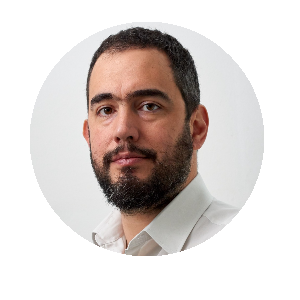
Kay Bergamini, PhD.
Geographer from the Pontifical Catholic University of Chile, Doctor in Environmental Management, Landscape and Geography from the University of Barcelona. For twenty years he has led and developed activities linked to environmental and social management, for different institutions in Chile from the public, private and academic sectors. In this regard, he was Regional Director of the Environmental Assessment Service (SEA) of the Metropolitan Region and Head of the Inspection Division of the Environmental Superintendence (SMA). He is currently an Assistant Professor at the Institute of Urban and Territorial Studies of the Pontificia Universidad Católica de Chile, developing research on environmental institutions, environmental management instruments and territorial planning instruments and territorial environmental problems, being also the creator and director of the Diploma in Environmental Compliance Management.
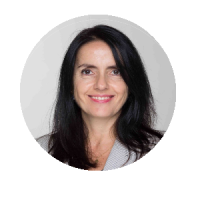
Magdalena Vicuña.
Architect from the Pontificia Universidad Católica de Chile, Master in Community Planning University of Maryland, United States, Doctor in Architecture and Studies Pontificia Universidad Católica de Chile. Associate Professor Institute of Urban and Territorial Studies and Director of Research and Postgraduate Studies Faculty of Architecture, Design and Urban Studies, Pontificia Universidad Católica de Chile. Associate Researcher at the Research Center for Integrated Disaster Management (CIGIDEN).

Arturo Morandé, M.Sc.
Assistant Director of the UC Energy Center. Master in Engineering Sciences from the Pontificia Universidad Católica de Chile, Civil Industrial Engineer with a mention in Mechanical Engineering.
